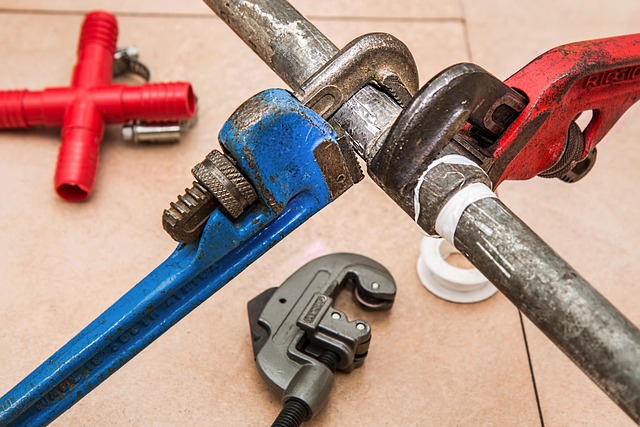When buying real estate, budget for emergency fixes based on property age and maintenance history. Regular inspections and savings build financial security, covering unexpected costs like plumbing leaks or roof repairs. Create an emergency fund for swift responses, updating priority lists to manage evolving repair needs effectively.
In the dynamic realm of real estate, preparing for unforeseen emergency fixes is as vital as assessing property value. This comprehensive guide delves into the art of budgeting for unexpected costs, offering a strategic approach to safeguard your investment. From assessing potential emergency costs to prioritizing expenses, we explore flexible strategies to navigate these challenges seamlessly. By implementing these practices, real estate owners can ensure their properties remain well-maintained and financially secure.
Assessing Potential Emergency Costs in Real Estate

When considering a purchase in real estate, it’s crucial to anticipate and budget for potential emergency fixes. Unexpected repairs can significantly impact your finances, especially if they’re unforeseen or costly. Therefore, assessing potential emergency costs is an integral part of responsible homeownership. Start by evaluating the age and condition of essential systems like plumbing, electrical wiring, heating/cooling units, and roofing. Older properties may require more frequent and substantial repairs, adding to your long-term expenses.
Additionally, consider the general maintenance history of the property and its neighborhood. Access to reliable contractors and the availability of specialized services in the area can also influence repair costs. Regular inspections can help identify minor issues early on, preventing them from escalating into costly emergencies. By factoring these considerations into your budget, you’ll be better prepared to handle unforeseen challenges and maintain a secure financial position in the real estate market.
Creating a Flexible Budget for Unforeseen Repairs

When it comes to owning property in the real estate market, preparing for unexpected repairs is a crucial aspect of managing your finances. Creating a flexible budget specifically for unforeseen emergency fixes allows homeowners to stay proactive and financially secure. This buffer ensures that unexpected costs don’t throw off your financial plans or leave you scrambling for funds when a plumbing leak, electrical issue, or roof repair arises.
A flexible budget accounts for variable expenses related to home maintenance. It encourages regular savings, even if the amount is modest, to build up a pool of resources dedicated to repairs. By setting aside a portion of your income each month, you create a financial safety net that can cover sudden, costly fixes without causing significant strain on your overall budget. This proactive approach empowers homeowners to make informed decisions and maintain their properties effectively.
Prioritizing and Managing Emergency Fix Expenses

In the dynamic realm of real estate, unexpected emergency fixes can arise at any time, demanding immediate attention and financial resources. Prioritizing these expenses is crucial to managing your property effectively. Start by assessing the severity of the issue; a leaking roof or broken heating system often takes precedence over minor cosmetic repairs. This approach ensures that critical repairs are addressed swiftly, preventing further damage and costly complications.
Effective management involves creating a dedicated emergency fund specifically for fix-ups. Allocate a portion of your regular maintenance budget for unforeseen costs. By doing so, you’ll be better equipped to handle unexpected events without derailing your financial goals. Regularly reviewing and updating your repair priority list is essential, as the needs of your property can evolve over time. This proactive strategy fosters a sense of control in the face of uncertainty, ensuring that any emergency fix is managed efficiently within your allocated budget.






